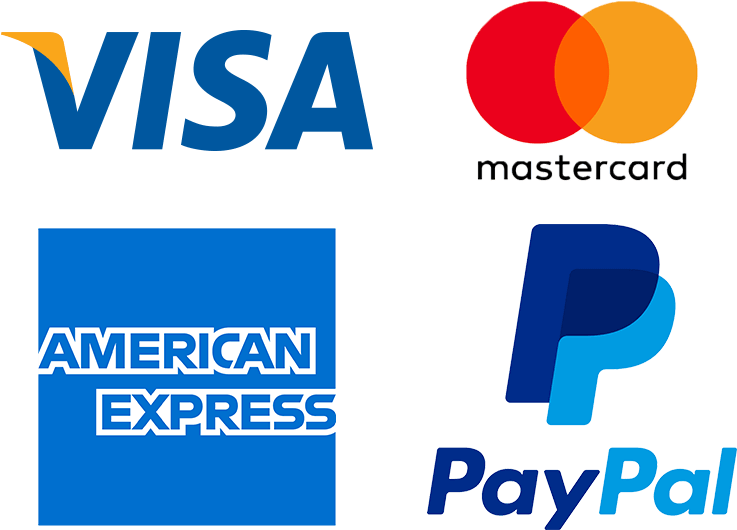Privacy in the workplace is a complex and multifaceted issue that has garnered significant attention and debate in recent years. With the widespread adoption of technology and the increasing use of surveillance measures in the workplace, there has been a growing concern regarding the erosion of privacy rights for employees. This paper aims to explore the concept of privacy in the workplace and provide an analysis of the arguments for and against privacy in this context.
To begin with, it is important to define what privacy in the workplace entails. Privacy can be understood as the right of individuals to control the collection, use, and disclosure of their personal information. In the context of the workplace, this encompasses various aspects such as personal communication, monitoring and surveillance, and access to personal information.
Those in favor of privacy in the workplace argue that it is essential for preserving the dignity and autonomy of employees. They believe that employees should have the right to limit access to their personal information, including their communication and browsing history on work devices. This perspective highlights the importance of trust and respect in the employee-employer relationship, viewing privacy as a fundamental human right that should not be compromised.
On the other hand, proponents of limited privacy in the workplace argue that certain restrictions are necessary to ensure productivity, security, and compliance with legal and ethical standards. They contend that employers have a legitimate interest in monitoring and regulating employee behavior to prevent misconduct and protect sensitive information. From this perspective, privacy is seen as a privilege that can be waived in certain work-related contexts or when there is a legitimate business need.
In recent years, technological advancements have significantly impacted workplace privacy. Employers have increasingly utilized various monitoring and surveillance measures to track employee activities, including monitoring emails, phone calls, and internet usage. Additionally, the rise of remote work and the use of personal devices for work-related tasks have further blurred the boundaries between personal and professional spheres, raising concerns about the extent to which employees should be monitored.
In conclusion, the issue of privacy in the workplace is highly complex and nuanced. It involves finding a balance between protecting individual privacy rights while ensuring productivity and security in the workplace. Ultimately, the position on privacy in the workplace will depend on various factors such as legal and ethical considerations, organizational culture, and societal norms. It is crucial for employers to carefully evaluate and implement privacy policies that strike a reasonable balance between the needs of the organization and the rights and expectations of employees.

